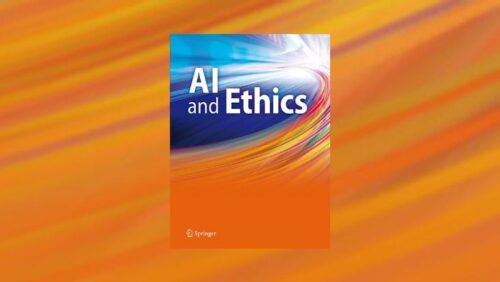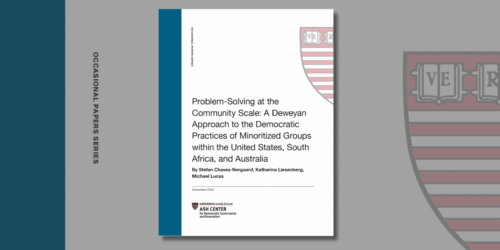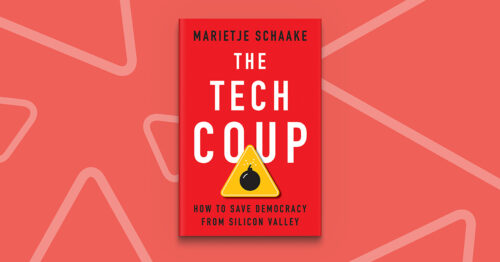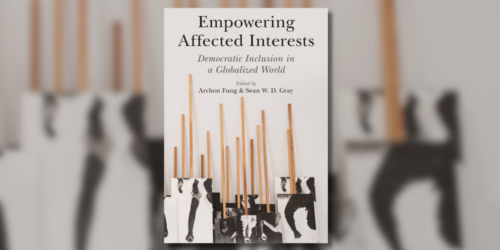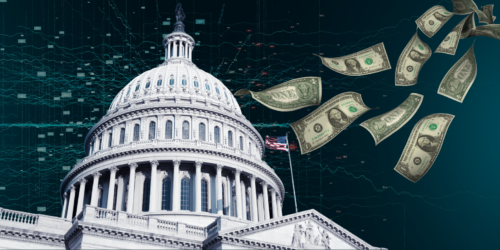
Additional Resource
Understanding DOGE and Your Data
Over the past several weeks, the Department of Government Efficiency (DOGE) within the Trump Administration has been embedding staff in a range of United States federal agencies. These staff have gained access to data maintained by the federal government. This guide explains what is in the data, what DOGE is doing with it, and why it matters to all Americans.

